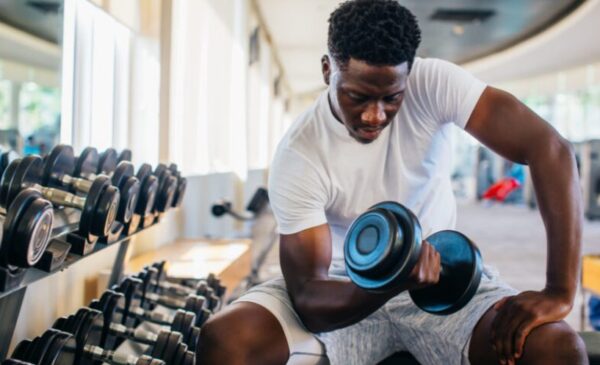Lifestyle
Exercising has couple doesn’t help, find study

While you may be setting major envious couple goals for others, as per a new study exercising with a partner might not be a good idea.
A study by researchers from Nanyang Technological University, Singapore (NTU Singapore) found that older adults who exercise with their spouse achieve lower physical activity levels than older adults without their spouse.
The Singapore-based study observed 240 participants
A total of 240 participants between 54 to 72 years old were followed for the study by researchers from the Nanyang Technological University (NTU), Singapore. The study was published in the International Journal of Human-Computer Interaction in October 2023. Each participant was given a fitness tracker to record information such as the number of steps taken, heart rate, distance covered, calories burned, minutes of activity, and sleep data.
How was the study done?
The participants were divided into four groups: two groups of 30 couples each who would exercise as couples, and two groups of 60 individuals each who would exercise without their spouse. Half of these participants (30 couples and 60 individuals) received real-time fitness feedback from their fitness trackers, while the other half had their trackers’ real-time feedback disabled. Data of over 12 weeks was collected.
Older participants who exercised together had a lower daily step count
The researchers found that participants who exercised as a couple had lower daily step counts. They also found that participants who received real-time feedback from the fitness tracker were physically more active than others. The researchers concluded that making changes to lifestyle in older people individually helps more than doing it as a couple and personalized feedback from fitness trackers positively affects older adults’ physical activity.
Daily step counts are essential for workout
Daily step counts are crucial for older individuals as they promote physical health, mobility, and overall well-being. Regular walking enhances cardiovascular health, reduces the risk of chronic diseases, and helps maintain a healthy weight. For older adults, consistent step counts contribute to improved joint flexibility, muscle strength, and balance, reducing the likelihood of falls and injuries. Additionally, walking supports mental health by reducing stress and promoting cognitive function. It fosters social connections as individuals engage with their surroundings and others during walks. Embracing a daily step count routine is a simple yet powerful way for older individuals to enhance their physical and mental vitality.










